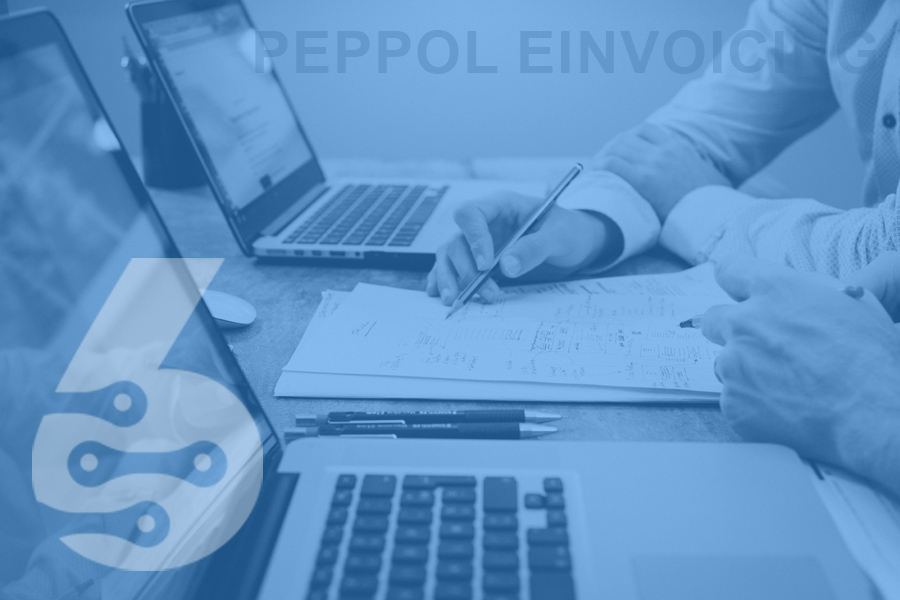A general ledger (G/L) is an ongoing record containing an organization's financial transactions. The transactions are recorded in chronological order, and each transaction is classified according to the type of account it affects. The G/L is used to prepare financial statements, which show an organization's financial position and performance over a specific period of time.
There are five main types of accounts in a G/L: asset, liability, equity, income, and expense. Each account records transactions that specifically impact the organization's financial position. For example, asset accounts are used to record transactions that increase the organization's assets, while expense accounts are used to record transactions that decrease the organization's assets.
The G/L can be divided into the control account and the subsidiary ledger. The control account contains information about the organization's financial transactions, while the subsidiary ledger contains detailed information about specific transactions. For example, the Accounts Receivable subsidiary ledger would have detailed information about the organization's customers who owe money.
The G/L is also used to generate information that is used in enterprise resource planning (ERP) systems. ERP systems are software applications that help organizations manage their resources, including finances, human resources, and operations. The information from the G/L is used to create the master data for the ERP system.

Related Blog Articles

Guide to PEPPOL e-Invoicing
PEPPOL is more than an e-invoicing standard: it is a way to streamline global trade. Its adoption enables companies, large and small, to navigate the complexities of international transactions with ease and efficiency.It offers multiple benefits, such as the automation of e-invoicing, which minimizes errors and increases productivity. Especially for large companies with significant transaction volumes, this can translate into significant cost and time savings.PEPPOL's universality also simplifies cross-border trade,...Related SIX ERP Solutions:
Related SIX ERP Features:
Want to see SIX for yourself?
Need help, have questions or want to get a free demo?
Please read our Privacy Policy on how we process personal data. We will never share your data!



